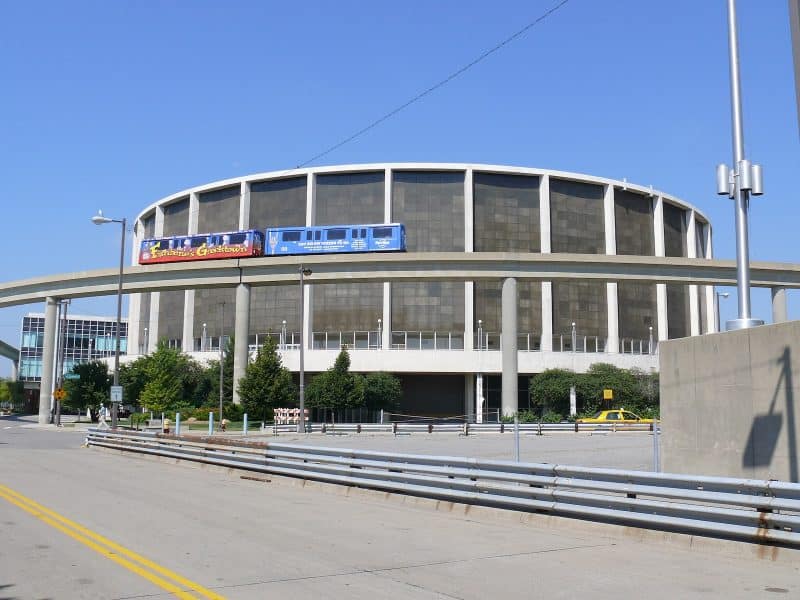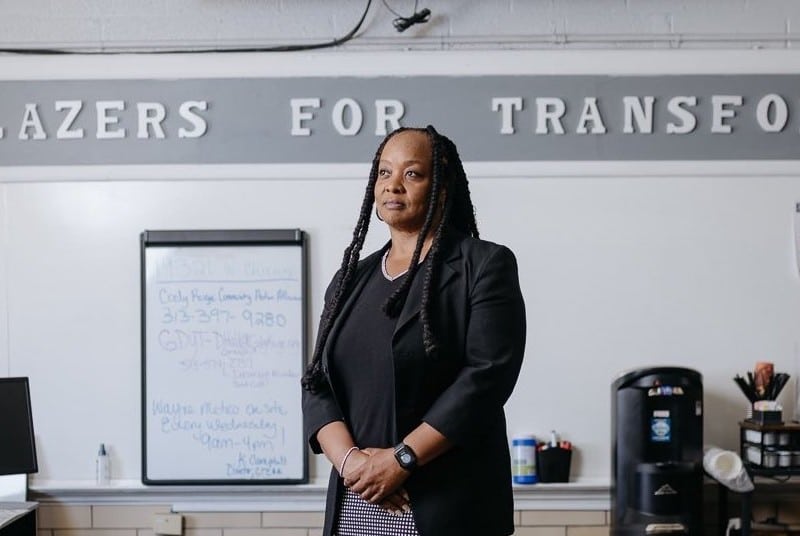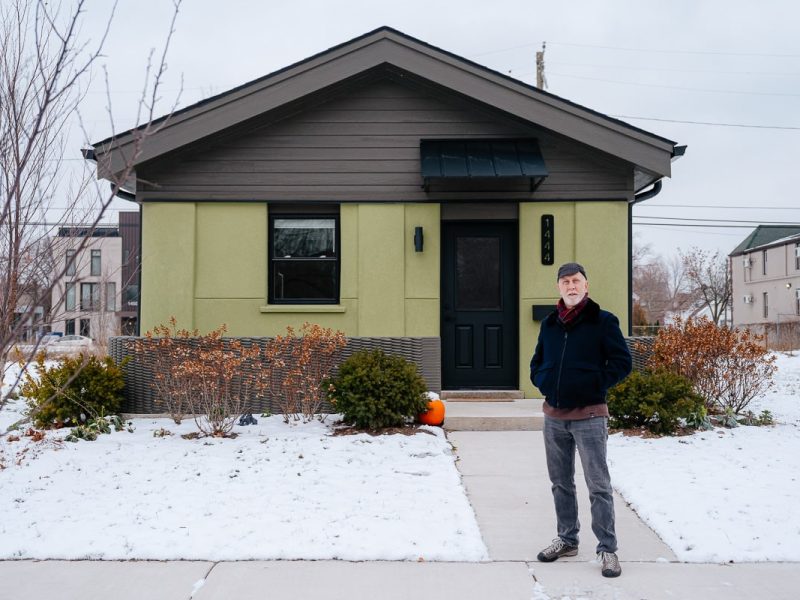The people’s voice: Detroit community organizations push for equitable development
Concerned about displacement and access to jobs, many Detroit citizens are offering their own vision of the city where everyone can participate in and benefit from the development taking place.
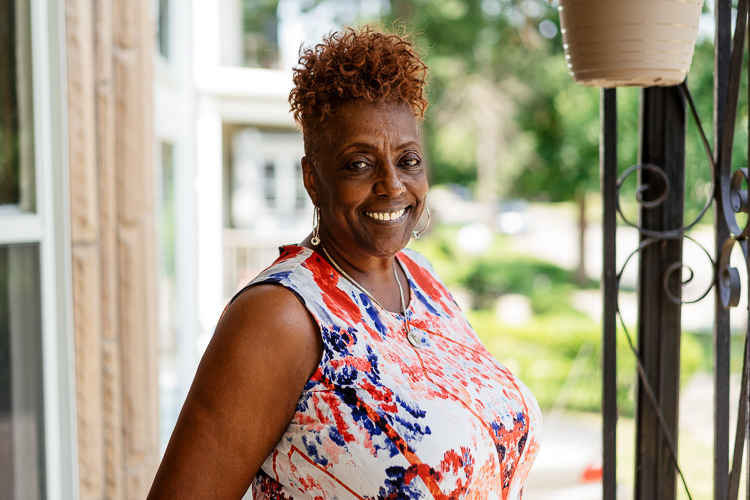
Toyia Watts wants to see development benefit her east side Detroit neighborhood. But she worries there’s a disconnect between residents and decision makers.
“We feel left out. A lot of people don’t even want to cross Kercheval to see what’s going on,” she says. “They don’t feel they’re included in the planning. The developers come in and they don’t know how to sit down and talk to the community.”
Watts is the president of the Charlevoix Village Association (CVA), a community group that dates back to 1979 and covers the area bordered by Mack, Kercheval, Mt. Elliott and St. Jean.
Right now, the area is undergoing major changes. A $10 million luxury condominium complex recently opened its doors on the site of the former St. Charles Catholic School. And last year, the city’s only Big Boy closed to make way for a mixed-use high-rise. According to Watts, lower-income residents in the largely African-American community fear being displaced by blight tickets and rising rents.
Although there has been some dialogue between developers and community, Watts says residents are not being meaningfully engaged. In an effort to make these voices heard, CVA has held a number of protests, including one during last year’s Detroit Homecoming celebration at the Michigan Central Depot train station.
Beyond that, her 35-member group has been going door-to-door with a petition that outlines their vision of what development should look like. It calls for home repair grants, community oversight of blight removal and land repurposing projects, job opportunities, investment in schools, libraries, and tech centers, a moratorium on evictions and tax foreclosures, support for minority-owned businesses, and that 40 percent of tax incentives for new and rehabbed homes go to support affordable housing.
What’s happening in Watt’s neighborhood reflects broader trends happening in the city. After years of being a development deadzone, Detroit is now experiencing a flood of investment and construction projects. At the same time, concerned about gentrification and displacement, many Detroit citizens and local stakeholders are offering their own vision of the city where everyone can participate in and benefit from the development taking place.
Community dialogue
West Village, which borders Watts’ neighborhood to the south, certainly hasn’t been shy about sharing its vision of how development should look. Two years ago, after a neighborhood survey, several rounds of focus groups and local outreach, The West Village Association released a Neighborhood Values statement to communicate their neighborhood vision to potential developers.
“We don’t want developers to come in blind with only their ideas of what the neighborhood needs without interfacing with the community,” says WVA president Vassilis Jacobs. “We hope with these values they can see some of the principles that are a big part of what the community wants.”
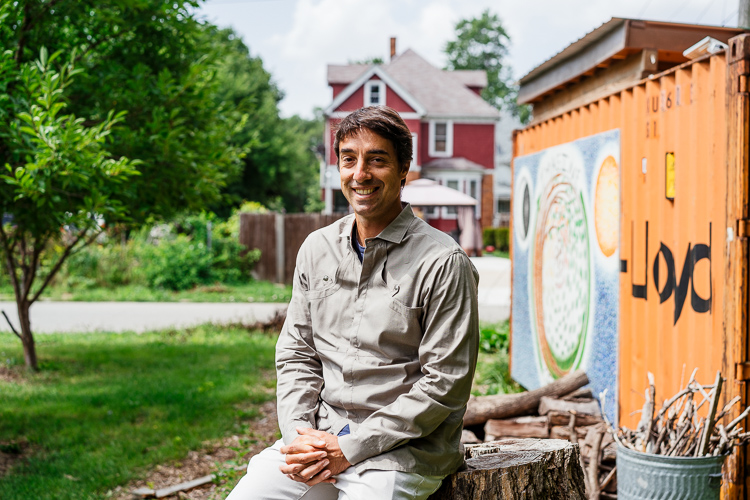
The four-page documents envisions West Village as “a stable, mixed-income neighborhood accessible to people of all socioeconomic levels.” It asks developers to support values like zero displacement of residents, sustainable building and business practices, an agreed upon ratio of renters to owners, a healthy generational mix, public spaces that cater to a variety of lifestyles, accessible public transportation options, a diverse small business environment, and respect for the neighborhood’s historic character.
WVA is using the guidelines to get developers to meet with residents. The organization asks developers to put together fliers about their projects and to reach out to local stakeholders. WVA then shares the information online and sets up an information session where residents ask questions and express concerns.
Resident input, tangible benefits
Orlando Bailey sees equitable development from the vantage point of a nonprofit development agency. He’s director of community partnerships with the Eastside Community Network (ECN), a CDC that’s operated in Detroit for over 30 years. ECN has helped bring $28 million in investment to the east side of Detroit, including Mack-Alter Square, a shopping center on the border of Detroit and Grosse Pointe.
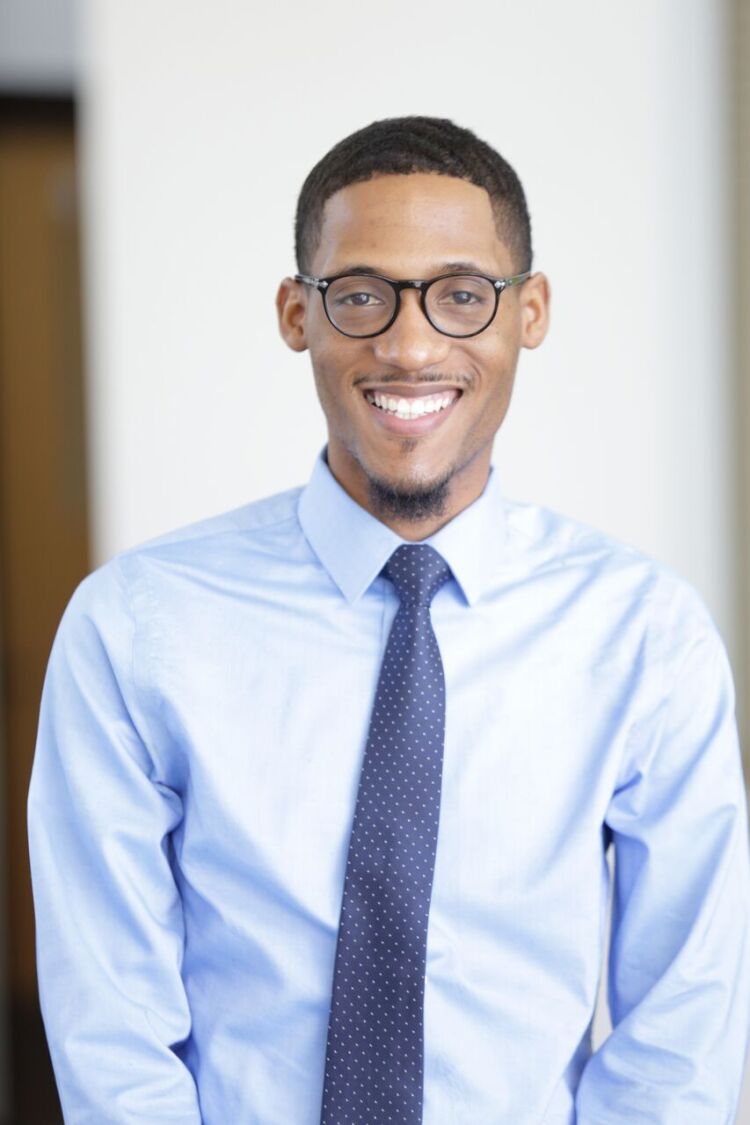
“What equitable development looks like from our view is tangible, tangible, tangible benefits,” he says. “Mack-Alter Square, for example, has become the living room of communities here on the eastside, with Detroiters and Grosse Pointers both utilizing the shopping center.”
In addition to individual projects, Bailey’s nonprofit also develops plans to spur neighborhood development. One of these, the Lower East Side Action Plan (LEAP), won a national smart growth award from the Environmental Protection Agency in 2013.
Initiated in 2009, LEAP aims to stabilize neighborhoods by reactivating vacant land and properties over a 6,200-acre area on the city’s lower east side. So far, more than 12,000 vacant lots have been repurposed or are undergoing transformation. The project is currently in its third phase, which focuses on transforming open space and strengthening the Chandler Park neighborhood.
The EPA singled out LEAP plan for recognition for its eco-friendly design, as well as they way it’s incorporated local residents into the planning process.
According to Bailey, ECN uses three tactics to integrate community engagement: education, meaning everyone involved learns from each other; translation, making sure people are speaking the same language; and facilitation, discussing and making decisions in a way that moves projects forward. Taken together, those three elements help create projects better geared towards meeting local needs.
“Residents are really steering the ship with some professional guidance,” he says. “Everything we do is co-created with community stakeholders, neighborhood residents, and community block clubs.”
Land trusts, community benefits
Innovation around equitable development in Detroit isn’t limited to neighborhood visions, community-developer dialogues, and citizen engagement.
The Detroit People’s Platform (DPP) is a network of Detroit social justice groups and concerned citizens dedicated to advancing racial equity and economic justice. While the organization juggles a variety of responsibilities, it’s been a participant in some notable policy changes in the city.
On the issue of land use, it’s been a vocal advocate of community land trusts — nonprofit entities that allow for community land stewardship.
Linda Campbell of DPP says her organization began looking into alternative land use models in 2011, back when the foreclosure crisis was still in full swing and citizens were engaged in a heated discussion on financial magnate John Hantz plans to establish an enormous urban farm on vacant, publicly-owned land on the east side.
“We were thinking there ought be a better way in which land, particularly public land, is allocated and developed in the city,” says Campbell. “And we said we think we need a land justice framework.”
With the assistance of Wayne State’s Damon Keith Center for Civil Rights, DPP launched the Community Land Trust Coalition in 2012. The coalition held several trainings on community land trusts and also helped raise money to establish the Storehouse of Hope Community Land Trust.
That trust purchased 15 Detroit homes that had been foreclosed from the Wayne County tax auction and sold them back to the families that had been living there. The land, which is still owned by the trust, is overseen by a six-member board and a steward. The model allows families to retain ownership over their homes and even sell them, but prevents speculators from scooping the land up.
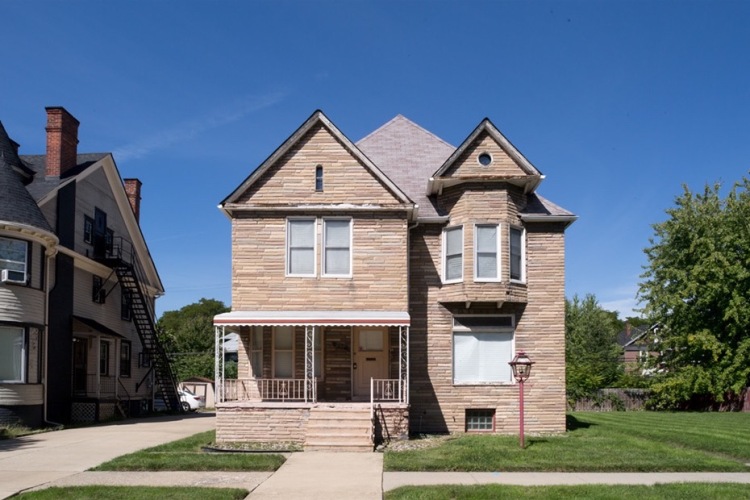
Recently, DPP pulled back from its leadership role with the coalition, but they hope to get more involved again when more funding becomes available.
In 2016, DPP also helped Detroit become the first city in the nation to have a Community Benefits Ordinance — but not without caveats.
Community benefits are amenities or rights given to a neighborhood by developers and frequently come about when public funding is used to support a project. Often they take the form of an agreement made between developers and community groups. The Detroit Pistons, Henry Ford Health System, and Whole Foods all have community benefits policies in place in Detroit.
The network’s efforts with community benefits started when activists associated with DPP were organizing around a proposed light rail project that would eventually become the QLine streetcar system. Inspired by the work of the Southwest Detroit Community Benefits Coalition — who have negotiated more than $30 million in benefits for residents living in the shadow of the upcoming Gordie Howe International Bridge — DPP organizers pushed for a community benefits deal with the developers behind the QLine. Ultimately, they were disappointed with the outcome and decided an ordinance was needed. With that in mind, they helped form the Equitable Detroit Coalition, which drafted an ordinance with the help of the nonprofit Sugar Law Center.
Unable to get the ordinance passed through Detroit’s City Council, organizers then put their measure up for a ballot vote. Councilmember Scott Benson, however, ended up getting a weaker counter-proposal on the ballot, which ended up passing. That proposal requires developers pursuing tax incentives for projects costing over $75 million to meet with a neighborhood advisory council, but it does not compel them to sign an agreement.
“We’re now in the amendment mode,” says Campbell. “So the same coalition has come up with a report that points out the shortcomings of the current ordinance, and we’ve made recommendations for an amendment. So we’re at the fight again — it’s never-ending.”
With all the changes happening in the city right now, Campbell feels there is a vital need for residents to hold the city and developers accountable for their impacts on local communities. But she also feels we need to work on our own collective perceptions about development.
“I think that it has to become the norm that when we talk about development, we talk about equitable development,” she says. “And we see that in all things.”
This article is part of our Equitable Development series, in partnership with Doing Development Differently in Metro Detroit, where we explore issues and stories on growing Detroit in a way that allows people from all races, classes, and abilities to participate and benefit. Read more articles in the series here.
Support for this series is provided by the Knight Foundation, Knight Fund at the Community Foundation for Southeast Michigan, and W.K. Kellogg Foundation.
All photos, except of Orlando Bailey, by Nick Hagen.

